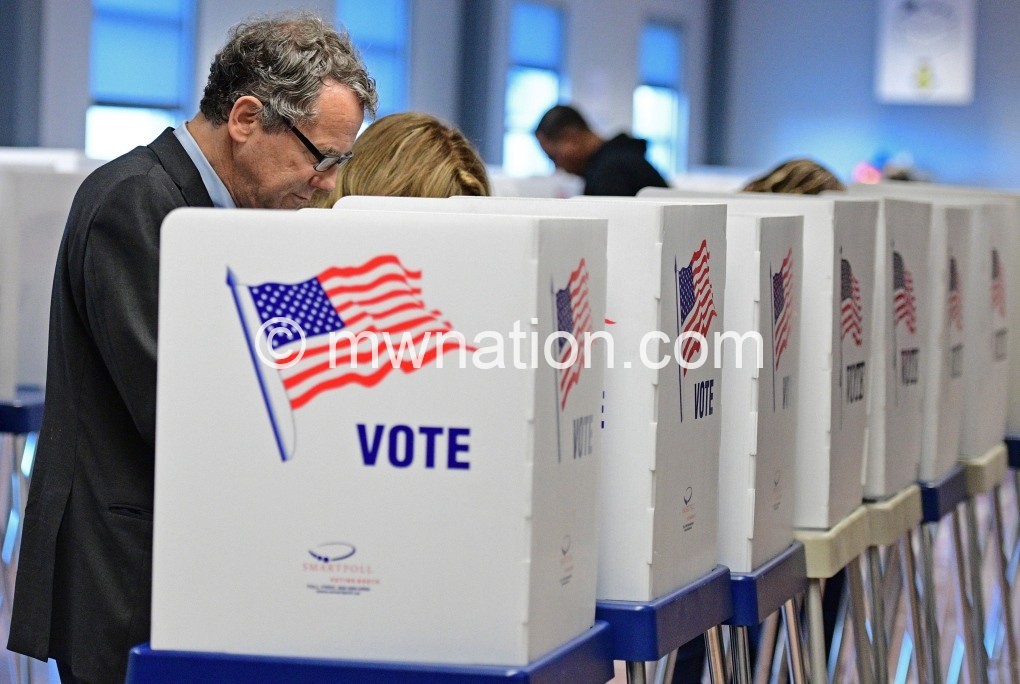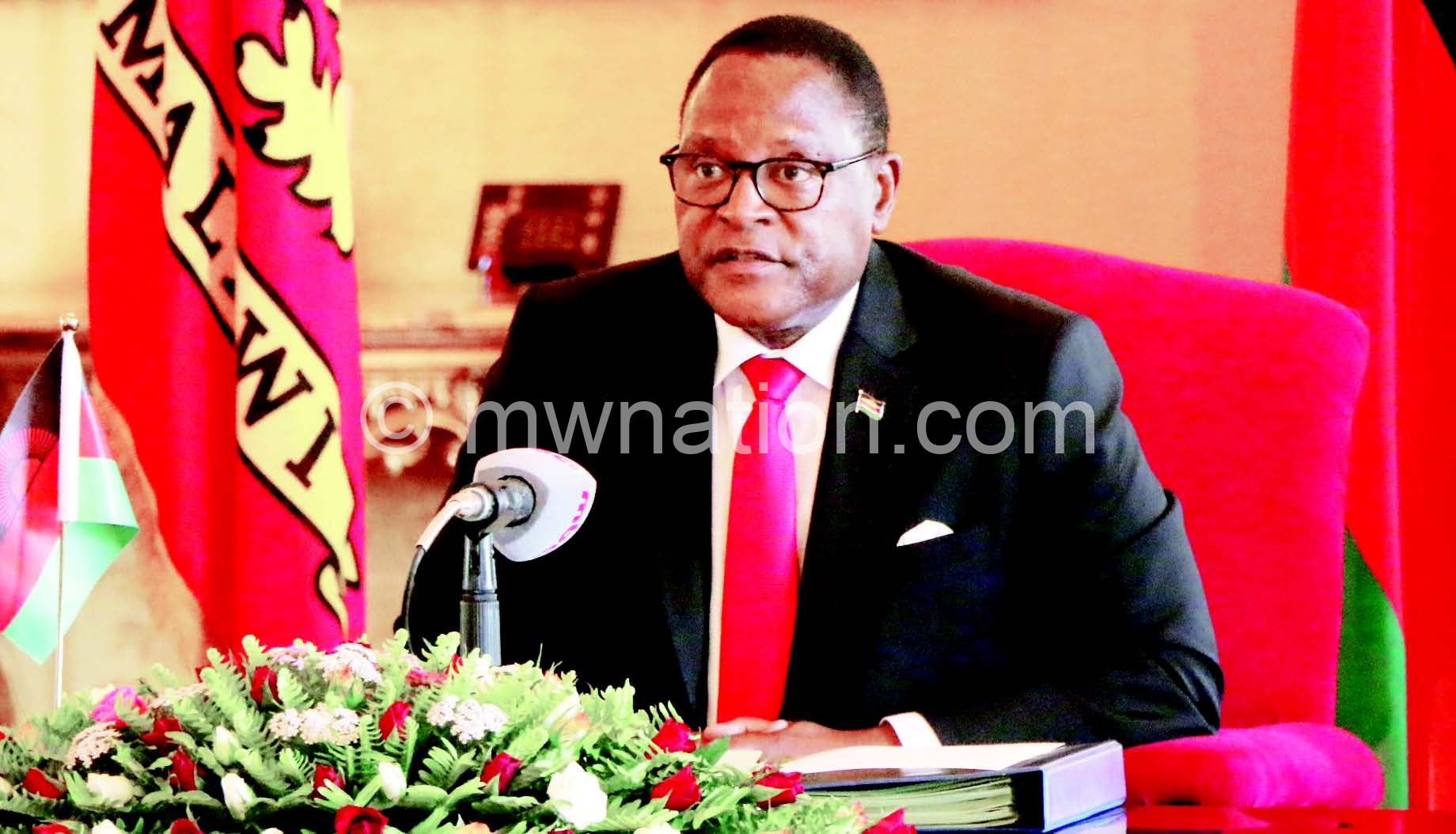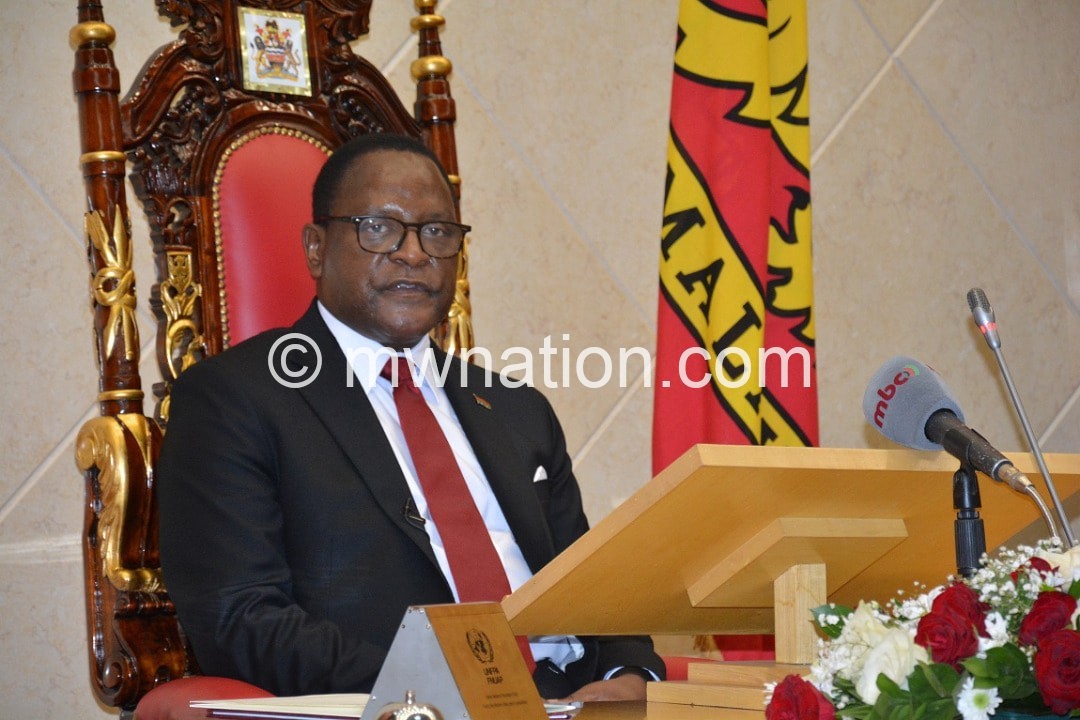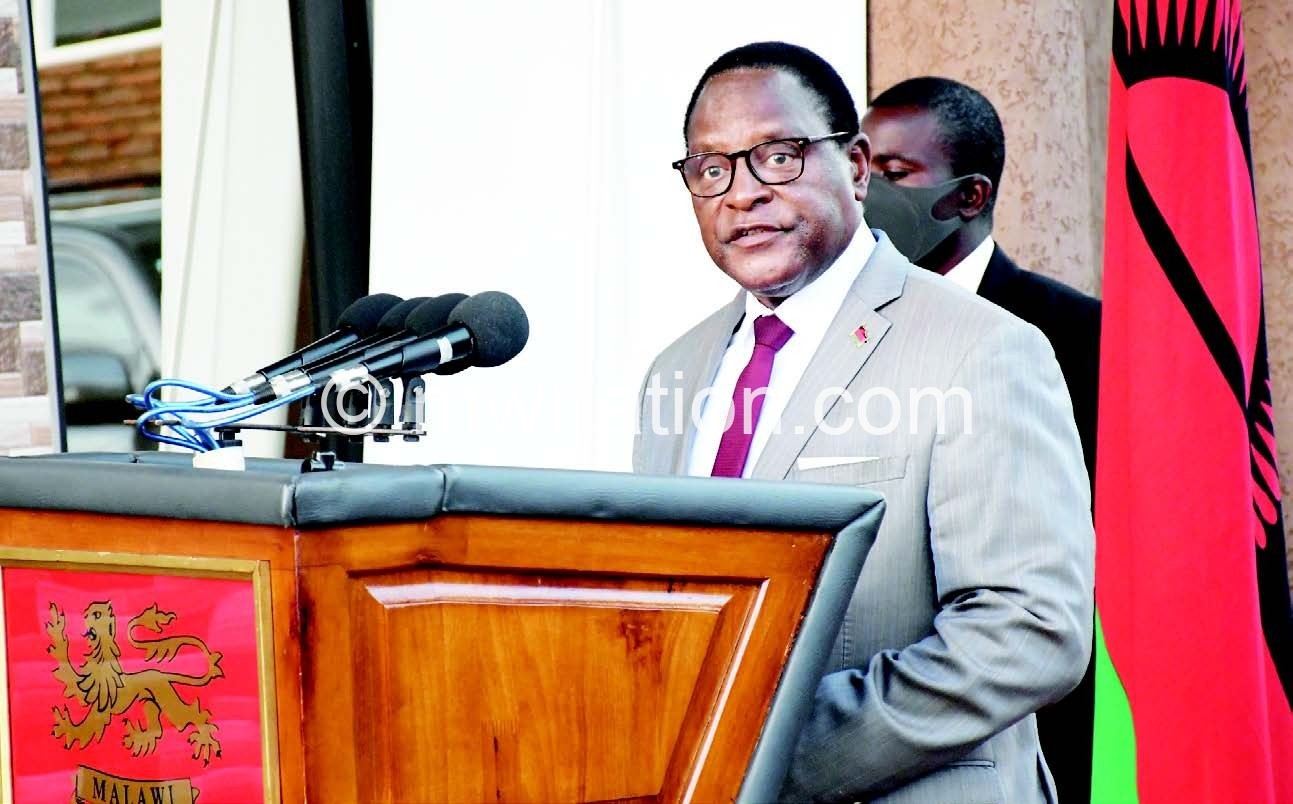Riots, protests are they a global trend?
Carlos Lopes, the former United Nations Economic Commission executive secretary tweeted this week about the growing unrest in the world. He tagged a map of countries where protests have taken centre-stage and Malawi is one of those countries.
Protests have dominated media coverage, but few have questioned why we have such an outbreak, if we can call it like that. There are protests in Hong Kong, Iraq, Lebanon, Spain, Chile, Bolivia and Ecuador. Closer to home Zimbabwe, South Africa, Mozambique and Zambia, among others, have experienced a fair share of riots.
Malawi has a long history of protests. Malawians, not happy with the British plans to introduce the Nyasaland and Rhodesian Federation in 1953, rioted and protested to be used as labourers in farms and gold mines in Zimbabwe and Zambia.
The protests returned to Nyasaland in 1959 when Malawians were then agitating for independence from the British. In 1992, at the advent of multiparty democracy, Malawians again protested the heavy-handedness of Kamuzu Banda’s MCP regime. While in 2003, we rioted against Bakili Muluzi’s Third Term bid. In all these instances Malawians, turned up enmasse to express their anger against an evil system.
As columnist Fareed Zakaria, argues in Washington Post, protests are often caused by ‘dashed expectations, rising inequality, persistent and a deep sense of frustration.
In the current case, the protests can be attributed to one thing: corruption. People are tired with corruption. Corruption has reached a level, where citizens (God forbid!) need to take the law into their hands to arrest it.
In the multiparty Malawi, hardly a year passes without the local press reporting of a huge corruption scandal. Since 2012, we have had huge corruption scandals ranging from Cashgate, Tractorgate, Maizegate, Police-ration gate and now we have Ghostfirm gate.
Ghostfirm gate, for those not familiar with it, involves a ghost company signing a K7.8 billion contract to oversee the construction of Kam’mwamba Coal-Powered Plant in Neno.
The government this week has come out to dispute corruption claim. Minister of Natural Resources, Energy and Mining Bintony Katsaira, who seemed out of touch with reality, argued that the Weekend Nation misspelled the name of the company which was offered the deal.
Yet the company he is talking about vehemently denies ever getting involved in the deal. Even the US in Malawi has no knowledge of an American firm being involved in Kam’mwamba. For Katsaira’s information, very few firms would want to be associated with a dirty, coal power plant because of the negative publicity coal-power plants all over the world attract.
The point is the K7.8 billion contract scandal sums up the rot that this government is in. No-one in this government really cares about the 17 million poor people who are languishing in poverty.
This government can hate protests; all they want is to sell the idea that protests are motivated by the ‘evil’ opposition and Human Rights Defenders Coalition (HRDC). But we all know, that at the heart of it, is the issue of inequality.
The May 21 Tripartite Elections result might have pushed things over the edge, but the key issue here is that only a few people in this country have resources to live happily.
That is, perhaps, why the majority saw elections as an opportunity to change the status quo and the change they anticipated was never obtained due in part to yet again, corruption in the electoral system.
To them, change of regime would seemingly grant them a new lease of life as there would be new people at the helm.
Word on the street is that people are protesting not because they have been sent by MCP or HRDC, but because they are tired of corruption which they believe is being treated with kid gloves by the current DPP administration.





